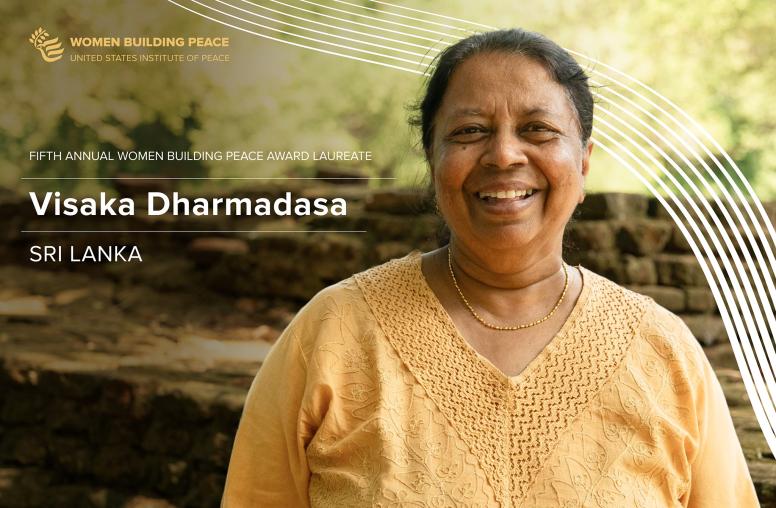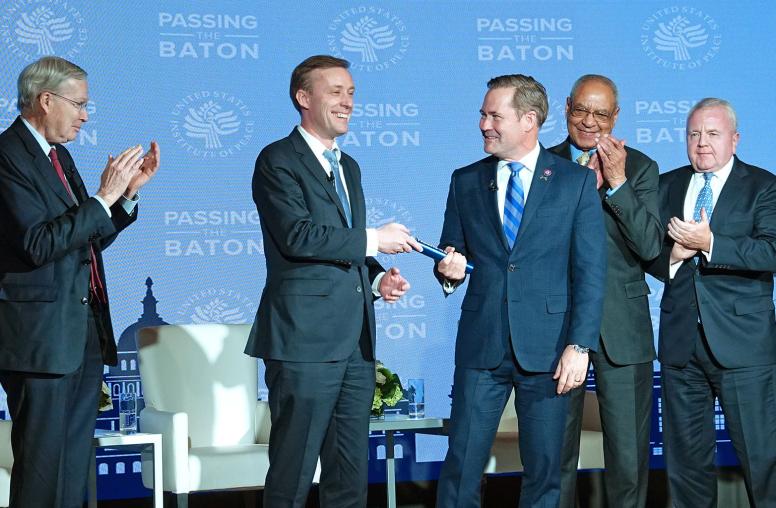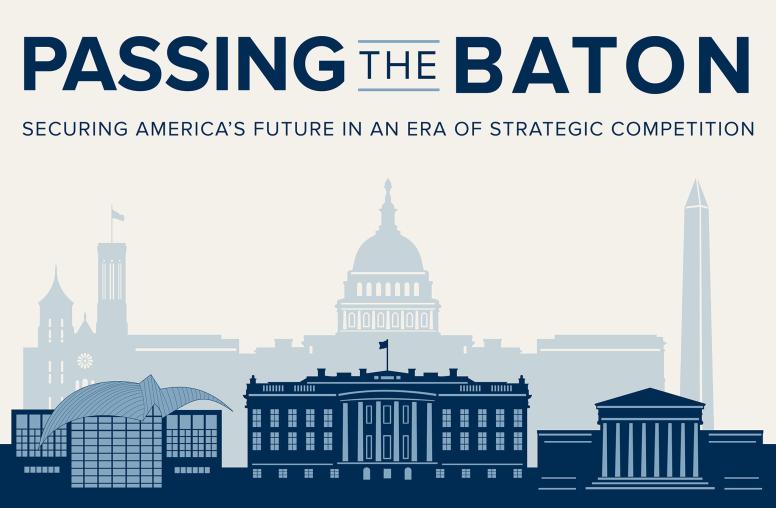Developing Good Governance
New report explores conflict management through good governance skills in Kosovo's Assembly.
WASHINGTON--During a five-day training workshop on "Developing Good Governance" for 30 Kosovo Assembly Members, organized June 12-16 by the United States Institute of Peace, participants developed conflict management skills and applied them to the task of setting an agenda for the Assembly. According to Institute organizers George Ward (Director, Training Program) and Daniel Serwer (Director, Balkans Initiative), they achieved a consensus on six important issues:
- Passing the necessary laws to ensure the human rights of all are protected, and to facilitate the return of all displaced people and refugees;
- Promoting economic development by creating a free market, providing incentives for investors, tax reform and developing sectoral strengths in mining, agriculture, power generation, tourism, metals refining, and light manufacturing;
- Improving the education system to provide instruction in their own languages for all, and to ensure that the education system promotes tolerance and improves communications between different ethnic groups;
- Providing access to and funding of social welfare programs including pensions, unemployment support, health care, and gender equity;
- Improving the work of the Kosovo Assembly, as they look forward to the next stage, when the Assembly and Government will take on greater responsibilities from UNMIK; and
- Promoting dialogue within Kosovo society, in particular between the Assembly and civil society.
Organized by the United States Institute of Peace at the request of the Department of State and with support from World Learning Inc., the training workshop was designed to equip the newly elected parliamentarians to act as agents for positive change within Kosovo society and to foster the development of cooperation among Kosovo leaders. Workshop participants, chosen by the U.S. Office in Pristina, represented Kosovo's diverse society and included people from the Albanian, Serb, Turkish, Roma and Bosniak communities.
The workshop featured negotiation and mediation exercises designed to promote enhanced communication and cooperation among the conference participants. Guest speakers included Ambassador John Menzies, head of the U.S. Office in Pristina, Greg Schulte of the National Security Council staff, Ambassador James Dobbins, now with the RAND Corporation, and Nicholaus Count Lambsdorff, political advisor to the UN's Special Representative of the Secretary General.
The U.S. Institute of Peace is a non-partisan, independent organization created and funded by the U.S. Congress to promote prevention and resolution of international conflicts. Since 1995, the Institute's Balkans Initiative has been active in the region and has sought to foster broad-based policy discussions in Washington among government and non-government experts to assist in building consensus on key issues in the Balkans. Over the past several years, a wide variety of foreign affairs, national security, and humanitarian relief practitioners have participated in the Institute's training programs. Participants have included diplomats, governmental officials, and military personnel from the United States and over forty foreign countries.
The United States Institute of Peace is an independent, nonpartisan institution established and funded by Congress. Its goals are to help prevent and resolve violent international conflicts, promote post-conflict stability and development, and increase conflict management capacity, tools, and intellectual capital worldwide. The Institute does this by empowering others with knowledge, skills, and resources, as well as by directly engaging in peacebuilding efforts around the globe.



